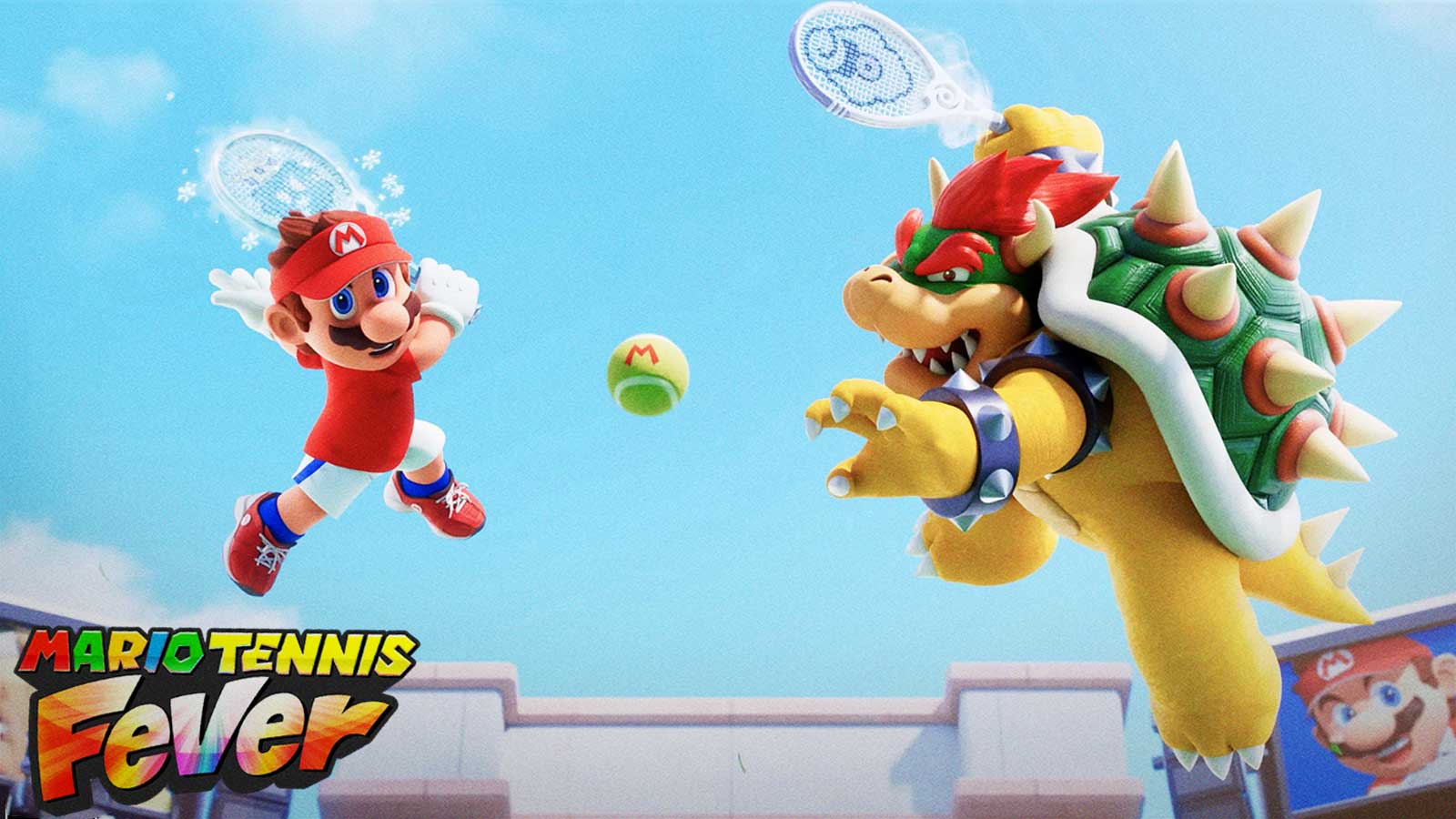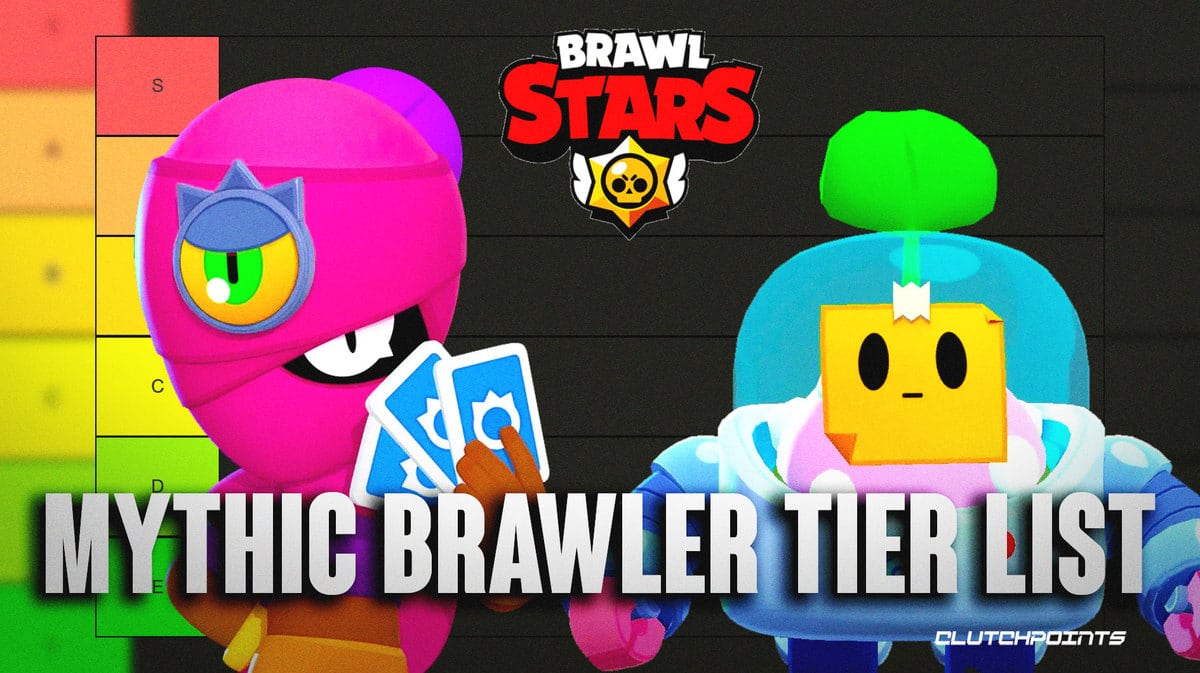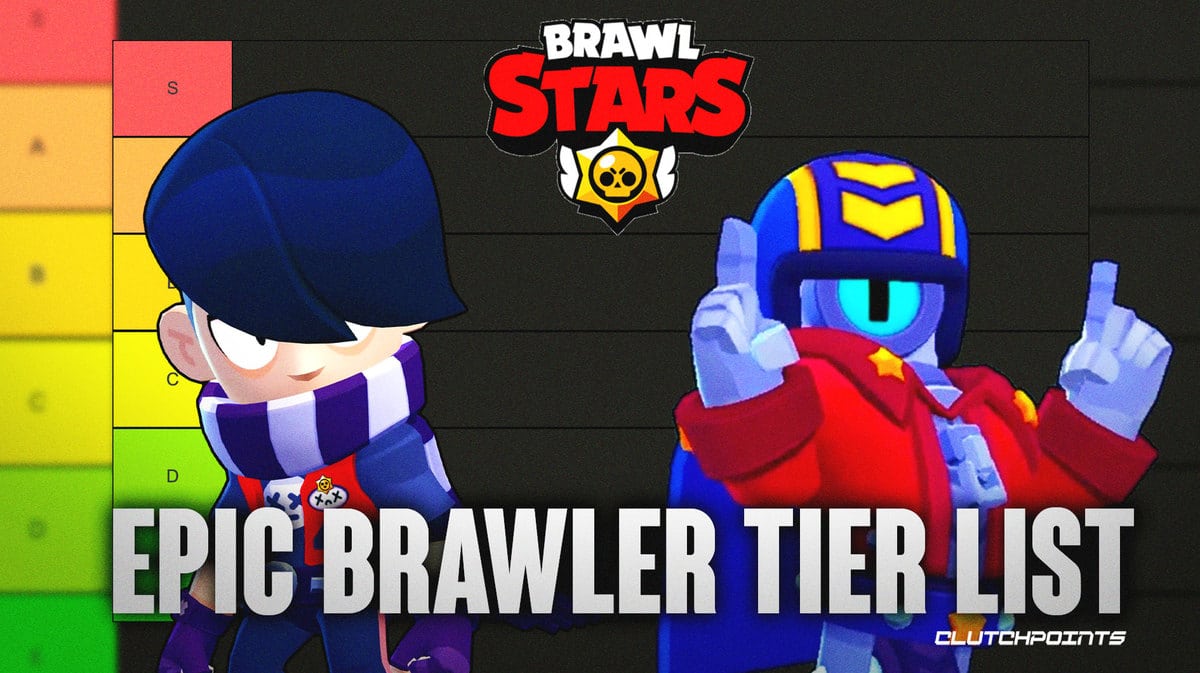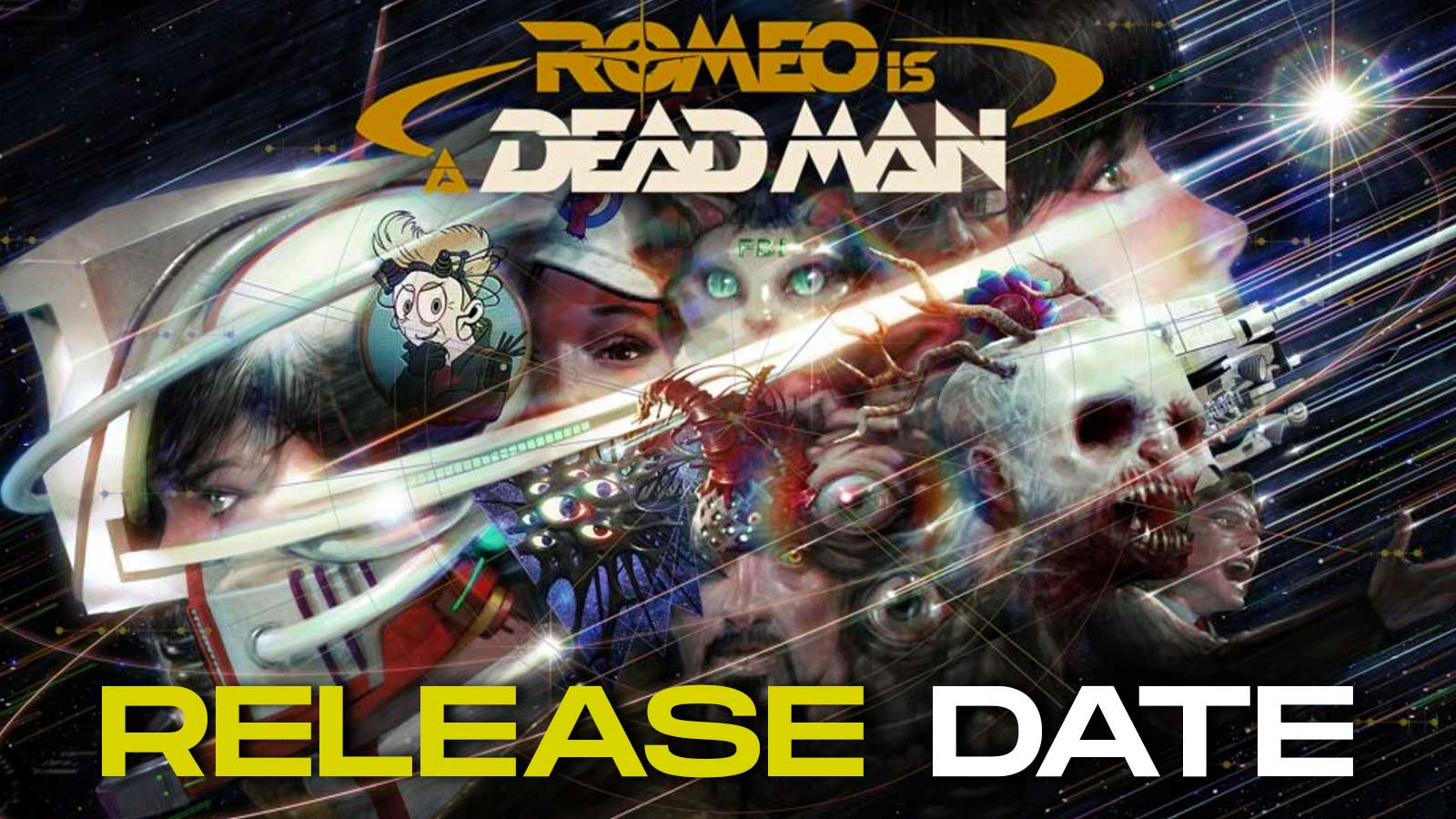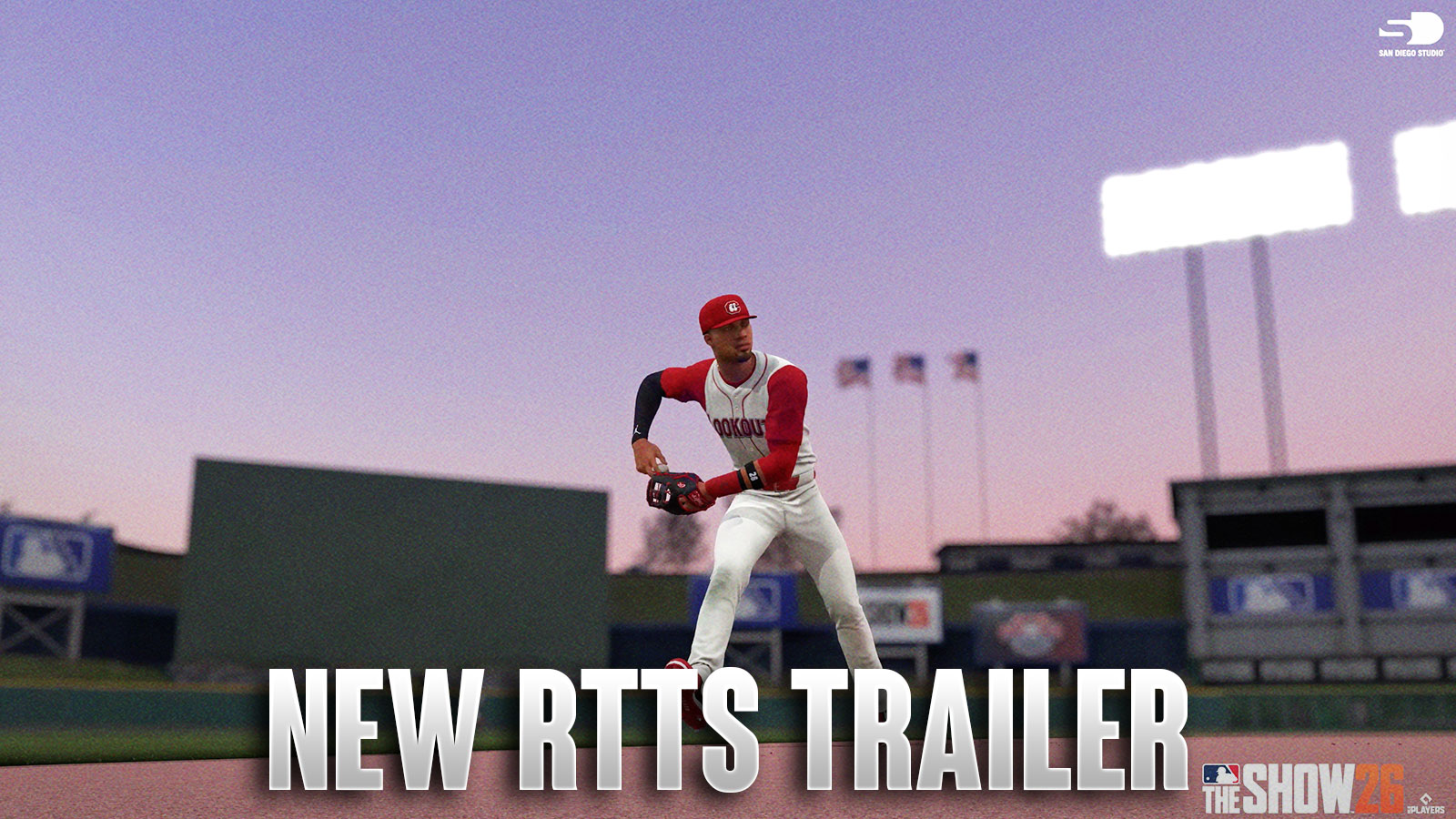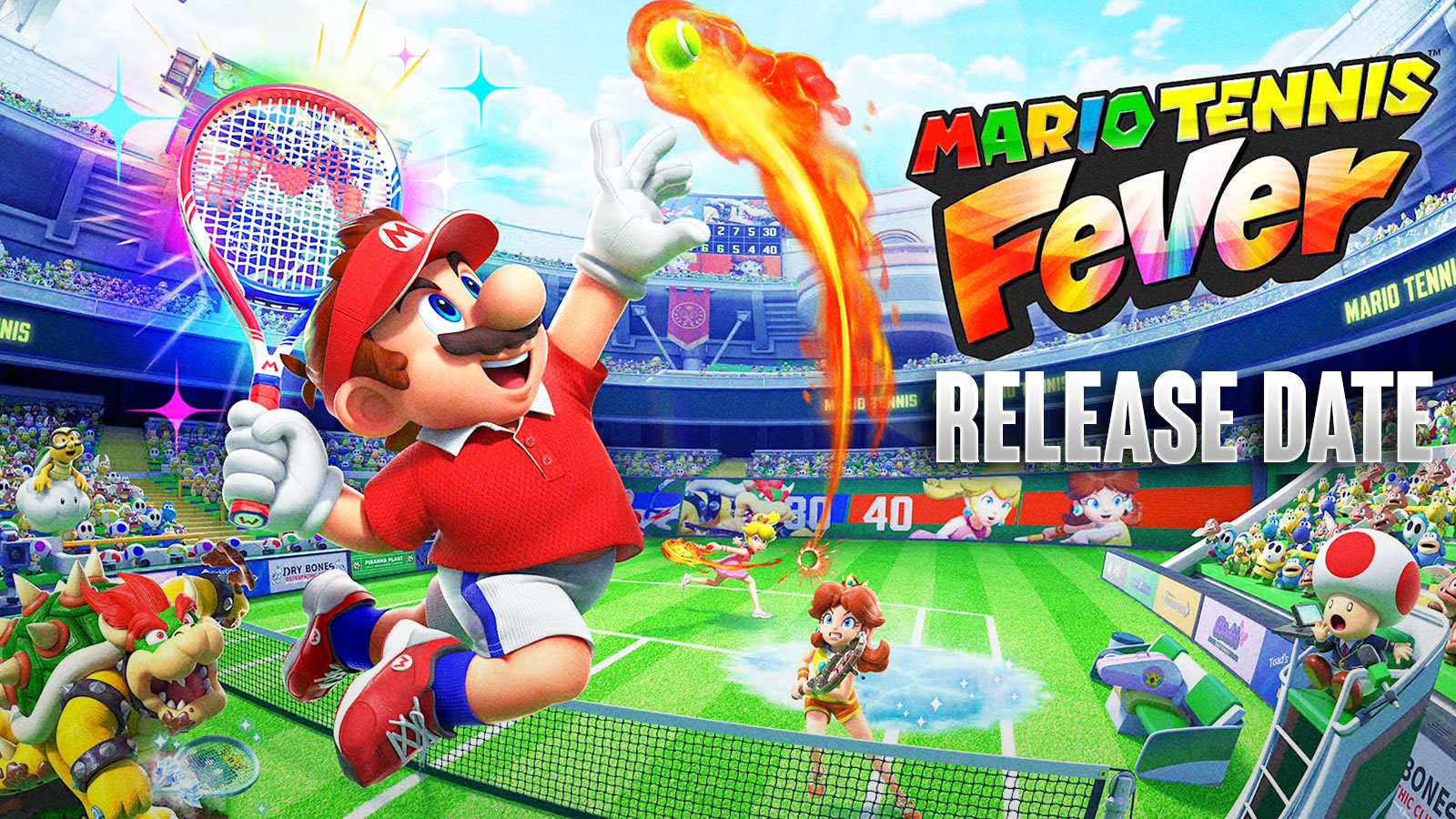The gaming world was shaken when Microsoft acquired Activision Blizzard on Tuesday, January 18. The acquisition dwarfs Microsoft's previous acquisition of ZeniMax Media, the parent company of Bethesda. Back then, it was seen to be one of the biggest acquisitions in the video game industry, which ultimately led to Elder Scrolls VI‘s announced Xbox exclusivity. Take-Two would follow this up with a merger with mobile giant Zynga, but even that gets massively overshadowed by Microsoft's most recent move. With a plethora of games and IPs in Activision Blizzard's library, this opens up a whole realm of possibilities for both Microsoft and Xbox. But to clear things out, let's look over the facts and go on a deep dive on what Microsoft's Activision Blizzard acquisition really meant – what it entails, what we can assume, and what we could look forward to. So first, the facts:
Understanding Microsoft's Activision Blizzard Acquisition
Today is a historic moment. We are excited to announce that the world-renowned franchises and talented people at @ATVI_AB will be joining Team Xbox!
Full announcement details here: https://t.co/RwF0QgXVwE pic.twitter.com/jIXuYCcndG
— Xbox (@Xbox) January 18, 2022
There are a few numbers we need to crack just to understand how big this deal was. According to Microsoft itself, the acquisition was for all-in cash $68.7 billion value, buying out all of Activision Blizzard's stocks along with its entire cash on hand. To put things into perspective, the ZeniMax acquisition in September last year was for a measly $8.1 billion – and that already shook the gaming world. That was, however, not Microsoft's biggest acquisition to date. Microsoft has previously absorbed other tech companies for a much higher value – with the biggest being LinkedIn, which Microsoft acquired for a mere $28.1 billion in 2016. The Activision Blizzard acquisition is more than double the worth of LinkedIn, making it Microsoft's biggest acquisition ever. This acquisition makes Activision Blizzard the third largest entity in the video gaming industry, just behind Sony and Chinese giant Tencent.
However, the acquisition will not be immediate. Paperwork will still be filed, finalized, and signed, and it won't be until the end of the fiscal year 2023 before the transaction closes. What does this mean? Until then, Activision Blizzard will still function as an independent entity – with Activision Blizzard CEO Bobby Kotick at the helm – using the intermediate time to ensure a smooth transition and turnover. It is expected that Bobby Kotick, the controversial figure behind Activision Blizzard's high-profile sexual harassment and workplace inequality cases – would step down once the transaction closes. Some gaming journalists have noted how this arrangement actually lets Bobby Kotick get out of the Activision Blizzard mess virtually scot-free, getting a golden parachute as he leaves Activision Blizzard, not to be held responsible for the culture of sexual harassment and workplace endangerment that he helped foster over the years.
Kotick's future with Activision Blizzard has not been officialized past his planned resignation as CEO. The deal with Microsoft does not necessitate Kotick to leave the company.
Also Read: What is Bobby Kotick's net worth?
However, there are also optimistic views on the acquisition. After the turnover, the entire business of Activision Blizzard will start reporting to Xbox Game Studios CEO Phil Spencer. Many hope that Spencer's leadership will lead to positive changes in Activision Blizzard's workplace culture, hopefully eliminating the “gamer bro” culture that has been used to describe the company's workplace environment. In November last year, while Activision Blizzard was at the center of the news because of the allegations, Phil Spencer sent an internal memo to Xbox Game Studios employees, saying that he will be “evaluating all aspects of our relationship with Activision Blizzard.” Hopefully, this sentiment is not lost with the acquisition.
Is the acquisition legal? Is Microsoft a Monopoly?
An acquisition as big as this would surely end up under scrutiny. Whether or not the acquisition is legal is up to the courts to regulators to decide, but even Microsoft's acquisition of ZeniMax Media already faced heavy scrutiny by government bodies before getting finalized. The acquisition effectively consolidates a huge chunk of the gaming landscape in the hands of the few, which led to some fears by gamers that this will negatively affect the industry. There are speculations that this acquisition will surely face some anti-trust lawsuits. But what do experts say about the matter?
In an article by GameSpot, lawyer Richard Hoeg said that any of these legal threats would probably not rattle Microsoft from going through with the acquisition. While that is the case, he said that the deal will certainly attract the attention of the Federal Trade Commission and Department of Justice. While the acquisition by itself will most likely fall through, regulators could ask Microsoft and Activision Blizzard to modify some specifics on the term sheet. Hoeg says that Microsoft could argue that the gaming industry is too broad to be affected by an acquisition of this level, but the regulatory bodies could counter by taking a closer look at the use cases of the acquisition – in this case, strengthening the Xbox Game Pass – and use this more narrow lens as the basis of whether or not the acquisition could harm the gaming landscape on that level.
“That said, in the US both the FTC and DOJ have expressed more willingness to evaluate such deals than they have in the recent past (see Facebook and Instagram/WhatsApp), and may be looking carefully at more narrow markets that may be affected outside of ‘all games,'” says Hoeg. “Of particular note, Microsoft has made clear its intentions to use this deal to buoy Game Pass and cloud offerings which, as they stand today, are a much more narrow market that a motivated regulatory body might decide is harmed by acquisitions of this size.”
The acquisition by no means makes Microsoft a monopoly in the gaming industry. However, its recent acquisitions used to bolster the Xbox Game Pass might lead to some questions about their effects on healthy competition. Thankfully, Microsoft's acquisition came before US competition enforcers finished their overhaul of merger approval processes, although whatever new regulations that may come of this might still end up affecting this acquisition.
Will Call of Duty – and other Activision Blizzard titles – going to be Xbox console exclusives?
In the future, we will also see the Xbox Game Studio logo when loading up Call of Duty…. pic.twitter.com/XqoadLRBTg
— CharlieIntel (@charlieINTEL) January 18, 2022
Perhaps the most relevant question for our readers is how this acquisition will affect their favorite Activision Blizzard game titles moving forward. Will this lead to Call of Duty being an Xbox exclusive? Will this mean that Diablo IV will no longer launch on PlayStation?
The time between now and the deal's finalization in 2023 will allow Activision Blizzard to continue rendering previous commitments. We could expect any releases coming out of the company (if any) between now and 2023 will still be available on all available platforms. One evidence of this is how Bethesda's Deathloop still launched as a PlayStation 5 exclusive even if the company was already acquired by Microsoft back then.
Past that date, fans should still not rule out Activision Blizzard appearing on PlayStation platforms. After all, Phil Spencer maintains the mandate that these acquisitions should not necessitate that the developers release their games exclusively on Xbox. However, as we've seen in the case of Elder Scrolls VI, Microsoft's provided support could lead to the developers deciding for themselves that they'd develop the games exclusively on Xbox. It's just easier for them to focus on a single console, after all, and Microsoft's backing will have them not worry about their unrealized income from not publishing on other platforms.
After all, as previously mentioned, the primary reason why Microsoft went through with this acquisition is to bolster its Xbox Game Pass lineup. What we can truly expect, even before the acquisition gets finalized in 2023, is for Call of Duty games, and all of the other games offered by Activision Blizzard, to launch Day 1 on Xbox Game Pass. That almost ensures that everyone will be getting an Xbox Game Pass, with a lot of people accessing Call of Duty essentially for free.
If games do end up becoming Xbox-exclusive, then this is a big boost for Xbox. A large share of the market in the US, for example, play Call of Duty. If PlayStation ends up no longer having access to the title, then it will make gamers think twice about even getting a PlayStation. Add to that other IPs such as Tony Hawk‘s Pro Skater, Crash Bandicoot, etc. and you have a whole library of games that only Xbox players have access to. Purchasing a PlayStation will get harder and harder to justify.
Perhaps a lesser noticed inclusion in Microsoft's Activision Blizzard acquisition is King.com, the mobile game developer responsible for hit mobile game Candy Crush Saga. The acquisition will strengthen Microsoft's efforts to penetrate the mobile market, even saying in their announcement that this deal will accelerate the growth of Microsoft's gaming business in mobile. They expect that through this acquisition, fans will soon be able to play their favorites like Halo and Warcraft on mobile devices. Whether or not these mobile games will end up being enjoyable is something we'll have to see later on.
The least noticeable inclusion is the Major League Gaming, an esports-arm of Activision Blizzard that hasn't been making waves recently. This effectively gives Microsoft a (numb) arm in esports.
Finally, Microsoft's Activision Blizzard acquisition was also done to “provide building blocks for the metaverse.” Microsoft did not elaborate on how this will happen. Activision Blizzard has had no notable projects in the metaverse space, NFTs, or cryptocurrencies.
As a closing thought, I think that this acquisition by Microsoft of Activision Blizzard is a deus ex machina for the latter's employees and IPs. It has been evident in the past several years that Activision Blizzard as a company has lost its passion for developing high-quality games. Xbox Game Studios stepping in could help reverse the culture of apathy and toxicity in Activision Blizzard, which is the most important development to keep an eye on. And with that, it will hopefully lead to healing within the company, which will then finally empower its creators to once again bring Activision Blizzard's IPs to life. A return to form, a return to the glory days of Blizzard when it was on top of the gaming industry and was one of the most respected names in gaming.











